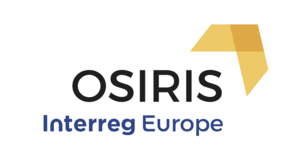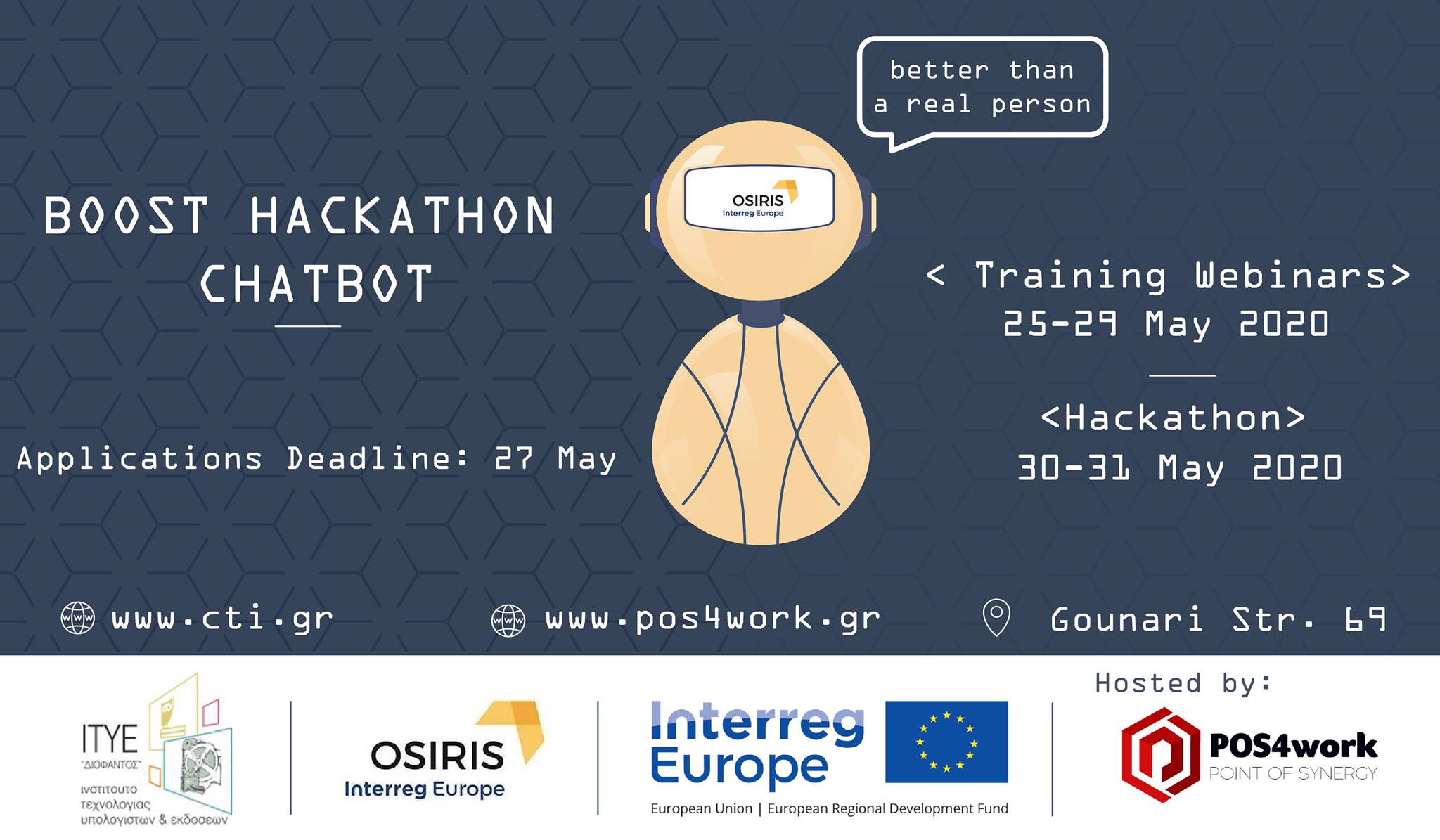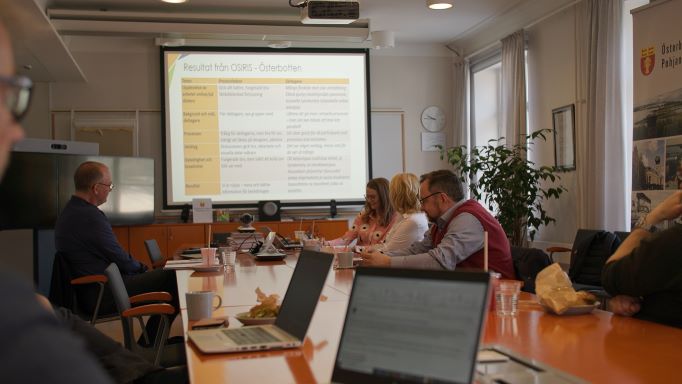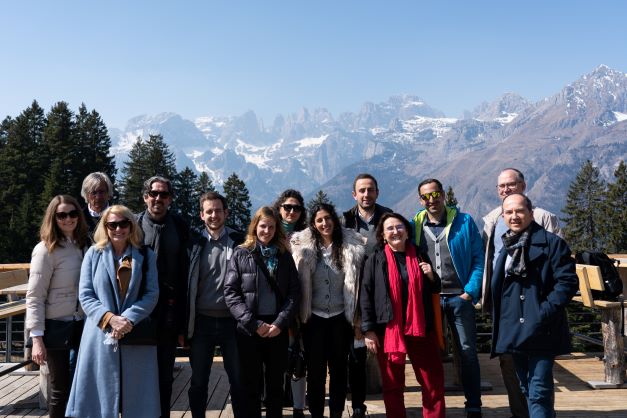Any planning process is dependent on the right information at the right time - for example, the input of those who use a certain service or participate in some activity is crucial when that service or activity is developed further.
The main aim of the OSIRIS project is to improve design, rapid delivery and implementation of open and social innovation policies and action plans through co-creative regional systems for innovation. In plainer writing, this means that we look for ways to ensure that the voices of the citizens are heard when plans and strategies are made to develop the areas they live in - and when services and activities are launched according to those plans.
The OSIRIS partners come from all corners of Europe, and have brought different challenges and needs to the table. Each of us also have our own toolkits for addressing our challenges - often dependent on what is preferred at the national level. What we have in common is, however, rather more important; the wish to ensure that all relevant voices are heard when a challenge is tackled at the local level.
One way to embark on this road is to look at each others´ toolkits, compare them and check if a solution that´s successful in Slovakia could be implemented in Italy - or vice versa. This process has started on several fronts; Drenthe has provided us with a model for how to describe a good practice and how it´s linked to the regional policy instruments, and Western Greece has designed a template for checking the landmarks of a good practice and how to share them. As a collaboration between all partners, our next step is to start analysing cases from each region, boiling them down to the essentials and sharing the features that may be useful in other settings.
These good practices also form a vital part of the action plans for each region, that are now on the drawing-boards, and by mid-2018 we aim to have a comprehensive understanding of how to identify, describe, share and pick up a good practice. As OSIRIS aims at developing policy instruments, we expect that understanding to come in handy - not only when policies are carried out, but also as a means to ensure that all relevant perspectives are taken into account when policies are planned.











